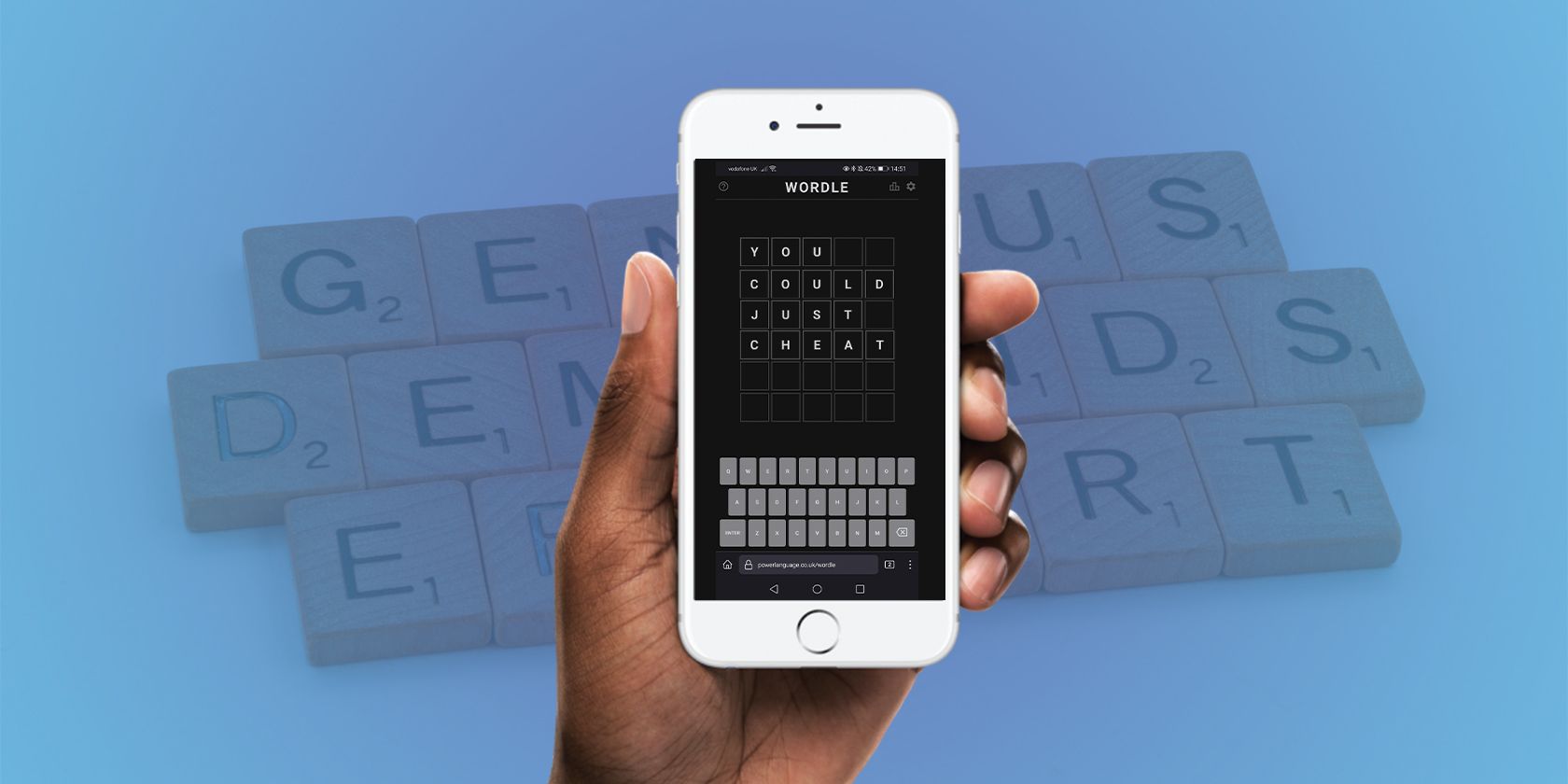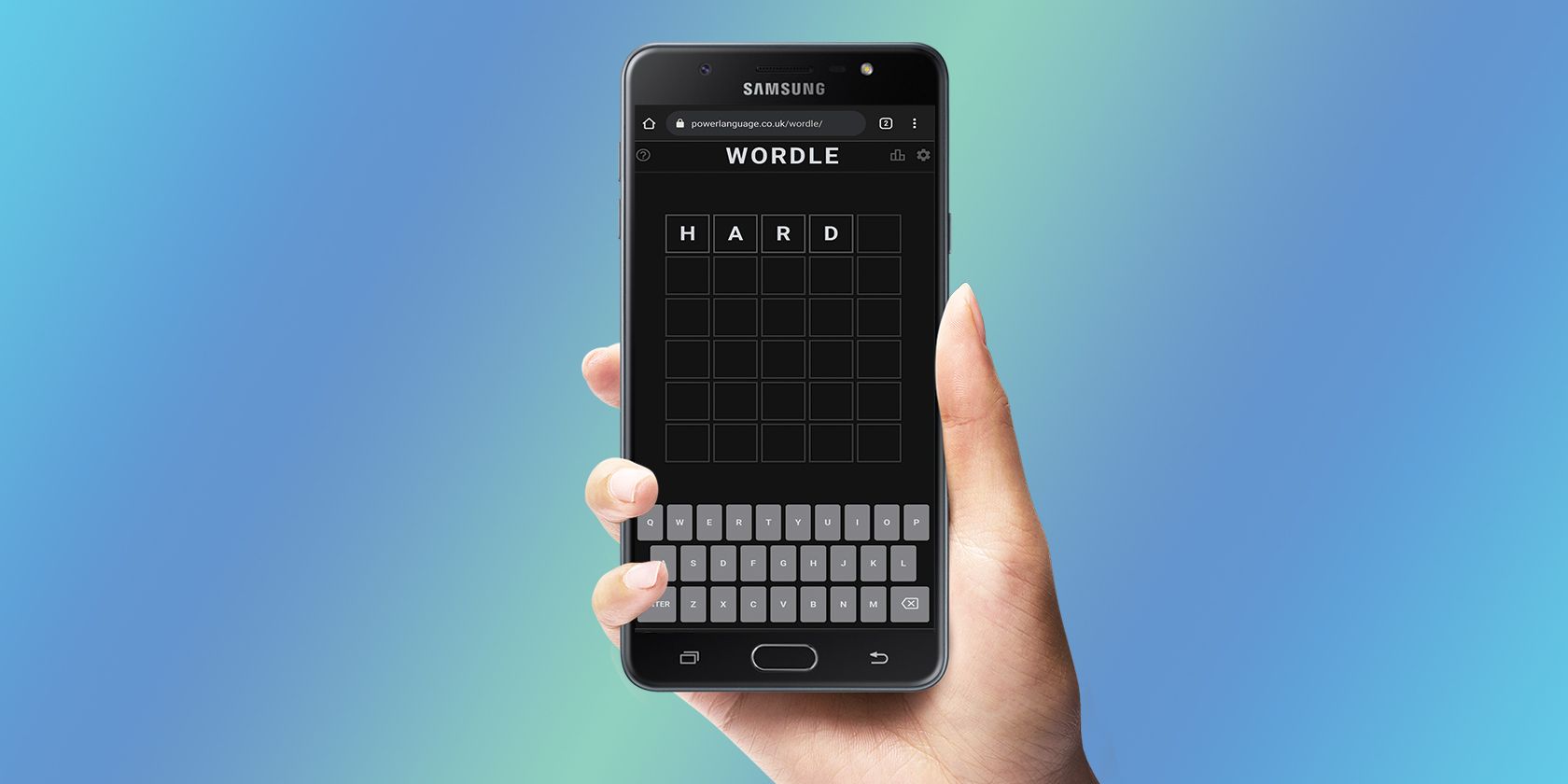If you thought something hasn't been adding up of late when comparing your Wordle solutions with friends, you were right.The New York Times' version of the popular game seems to be giving different solutions to the original game, much to the frustration of its dedicated players.Keep reading to find out more about how The New York Times has ruined Wordle.
The New York Times Ruins Wordle
Controversy has clouded Wordle's acquisition by The New York Times, and the controversy continues as users have picked up yet another issue with the game.
The New York Times has changed the word list from the original version of the game. Therefore, its version of the game gives different solutions compared to the original version.
This is happening despite The New York Times' Communications Director, Jordan Cohen, denying the publication has changed the gameplay in a statement to The Guardian.
In case you weren't aware, the complete word list for the original version of Wordle has been available in the site code for the game since launch. And while we wouldn't recommend sneaking a look, that's how users were able to spot that The New York Times version has different solutions.
Some Wordle players have continued playing the game on the original site (where creator Josh Wardle first uploaded the game) since before its acquisition. And as they have not refreshed their browser, they're still playing the original version of the game.
New users who access the game on the same site will find that it has automatically updated to The New York Times version.
The discrepancy originally came to light via a BoingBoing article, which was one of the first to report it. More users complained on Twitter, with The New York Times responding to one user, stating that it has made changes in order to remove obscure words from the game.
Specifically, Wordle game 241 on February 15th, 2022, showed two different solutions, so that different people got different answers, depending on which version of the site they used.
The different solutions had only one letter in common, and one of the shared letters appeared in a different position. The original game's word of the day was "AGORA", while the word on The New York Times version was "AROMA".
Essentially, The New York Times replaced one letter and mixed up the rest, which suggests that the company selected the word "AROMA" due to its similarity to the original word, "AGORA".
This is just one of several words that The New York Times has changed. Other words include fibre, lynch, pupal, slave, and wench, plus other offensive words, or words that were not written in US English.
An update to The New York Times Word Games and Logic Puzzles help page reflects that the word list, and therefore the solution for each day, has changed since the publication acquired Wordle.
It also encourages gamers using the original version of the game to refresh their browsers to put their game in sync with its own version.
Why The New York Times' Changes Are a Problem
Wordle is a social game; users share and compare their results with friends, family members, and even strangers on social media. Having different solutions takes away the social element of the game, and can lead to frustration, as already seen on Twitter.
While it is understandable that The New York Times would want to remove offensive words from the game, it unfortunately makes it different from the original.
Considering that the game was only launched in October 2021, there's a novelty that comes with being able to play it as it was intended to be played, and the way it was first introduced to players. But now's the time to brace yourself for more changes, as The New York Times continues to make Wordle its own.
Should You Update Your Browser to Play The NYT Version of Wordle?
While we hate to say it, you'll have to update your browser to sync your game to The New York Times' version, purely so that you can continue to engage with friends and fellow users around the game.
After all, the social element of the game—comparing your progress and sharing your experience with others—is all a part of what makes the game so fun and popular.


